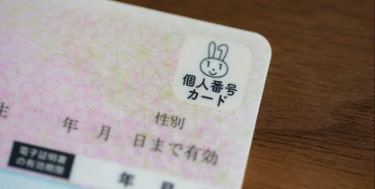Japan has joined the ranks of countries eliminating gender markers from its national identification card. The government has unveiled a new design for its My Number ID cards which will be introduced in 2026.
Aside from removing gender markers, the new design also features birthdates in the Western Gregorian calendar instead of the traditional Japanese Era Calendar. The cardholder’s name will be spelled out in English and the print will be larger, Japanese public broadcaster NHK reports.
The new design marks another step towards international standards in ID card cards for Japan, which was designed to incorporate its unique heritage. Japanese documents present a particular challenge in verifying identity and OCR engines as the country uses three writing systems at the same time: hiragana, katakana, and kanji.
Aside from modernizing its chip-embedded ID card, the Japanese government has also been working on upgrading its My Number digital ID system, which provides citizens and foreign residents with a 12-digit number linked to their personal data. But here, things have not been going so smoothly.
Throughout 2023, the My Number digital ID system has been plagued by issues such as high-profile data leaks and system failures.
In a February report on digital standard setting in Asia, the Carnegie Endowment for International Peace rated Japan’s leadership in digital identity with a grade of B. The Washington-based international affairs think tank describes Japan as a latecomer to implementing digital identities beset by a “peculiar set of scandals that led to delays and postponements.”
Among the reasons behind this turn of events are botched attempts to centralize various data sources and official records of citizens which were previously stored by municipal governments. Municipal-level registration procedure errors have culminated into a significant domestic political issue – and may have directly contributed to the fall of popularity of Prime Minister Fumio Kishida’s administration, the report notes.
Article: Japan unveils new digital ID card design with no gender
